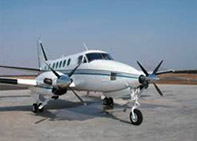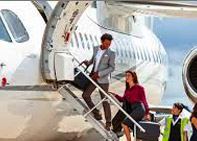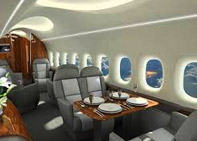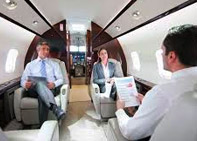Video updated on 15 July 2017
Across the globe, moving cargo in remote places that are not accessible by roads or sea has always been a very costly and too time-consuming affair and a cause of primary concern, especially during natural calamities. Solar Ship Inc., a Canadian-based company, has developed a hybrid aircraft technology that addresses this problem, also called a flying machine.
The idea of a solar ship struck Jay Godsall, the CEO and founder of Solar Ship about 30 years ago. He had very clearly realized the need for an aircraft that wouldn’t need much infrastructure and serve the remotest areas such as Africa, which has excellent transportation challenges. He set up the ‘Solar Ship’ company in the year 2006. Since then this project has also been helped by a “Build in Canada Innovation Program (BCIP)”. The BCIP connected Solar Ship with the Royal Canadian Air Force, which evaluates the building of this flying machine and gives value-added suggestions for its success.
The solar ship uses a hybrid propulsion system: two electric motors powered by solar cells, batteries and a fuel-powered combustion engine same as bush plane engines. It has a unique wing-shaped design which uses an aerofoil geometry and buoyant gas (helium) for the aerodynamic lift, which lessens the need for road and ground infrastructure.
This solar ship or an aerial vehicle or a cargo plane is a lot slower than the conventional commercial cargo planes. But it has a substantial lift, and it gets off the ground very quickly. This means it can reach the places that are inaccessible to the bush plane and using the helicopters for the same purpose is wildly expensive. Solar Ship Inc, plans to produce four models with wingspans ranging from 11 meters to 100 meters. The largest one with 100 meters wings span (which is wider than the largest cargo commercial plane Boeing 747) will have a capacity of 30,000 kg. This giant flying machine’s speciality will be its ability to take off and set down without a landing strip. It will require an open space of a football field size.
Solar Ship has launched a joint venture with an African air cargo delivery service Manaf Freighters, Burundi. This partnership will see the first deployment of its promising new solar-powered hybrid aircraft. Manaf has signed a $20-million deal to buy two 20-metre Caracal models and two 50-metre Wolverine models, carrying a six-meter shipping container.







Leave a Reply
You must be logged in to post a comment.